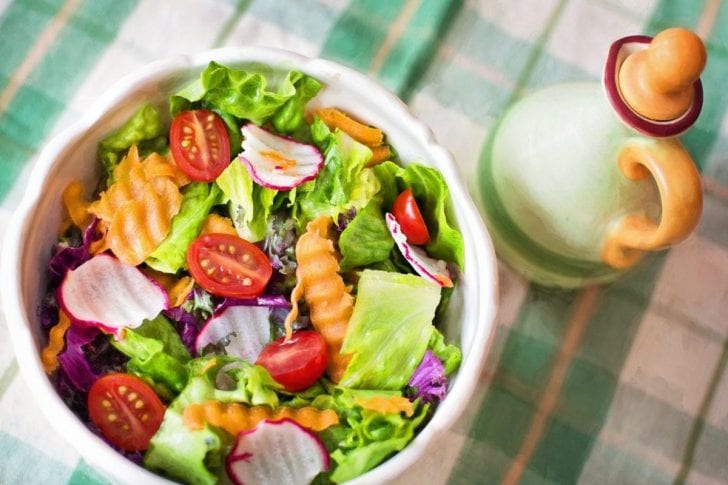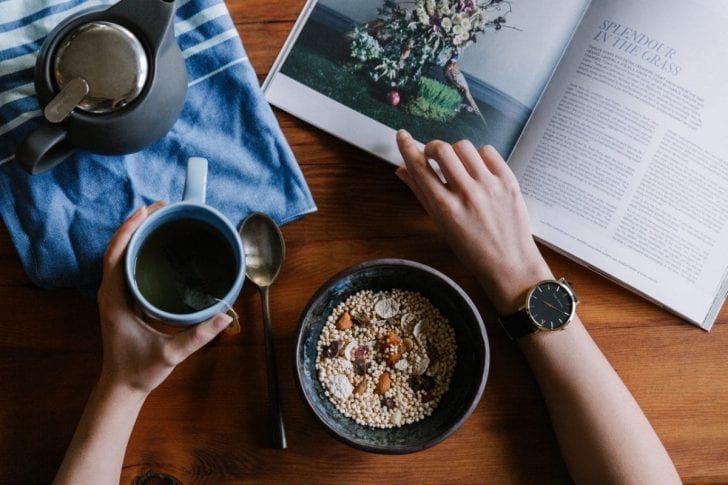You are what you eat. We’ve heard that time and time again. If you’re an athlete or a runner, and you’re a vegan by choice, you ought to know whether or not you’re doing the right thing for your body.
Nothing’s more important than a person’s physical and mental well-being, so you need to make sure you’re doing what’s right for you. To keep you informed on how you can support your training with a vegan diet, we spoke with Dr. Nanci Guest, a vegan researcher and sports dietitian at the University of Toronto.

Is a vegan diet effective for runners?
Dr. Guest states that vegan diets can improve performance for some athletes only if done right. A vegan diet is meant to be high in nuts, vegetables, fruits, seeds, grains, and legumes, all of which come packed with a high phytonutrient content, which possess anti-inflammatory and antioxidant properties to help limit exercise-induced inflammation oxidative stress.
In effect, a runner can enhance endurance performance, boost the immune system, and reduce muscle damage with the help of a vegan diet.

What are the main nutrition concerns?
The main nutrients that vegan runners are at risk of being deficient in are omega-3s, vitamin B12, vitamin D, calcium, iron, iodine, and zinc. If you’re a vegan runner, it might be a good idea to have your bloodwork done annually to cancel out any deficiencies.
In terms of protein, which is extremely necessary to maintain a balanced diet, vegans can fulfill their needs from plant-based sources like seeds, nuts, legumes, soy, and beans.
How to go easy on the fiber?
Vegan diets tend to be much higher in fiber. This is a satiating nutrient that may give runners the feeling of being full before consuming their daily necessary calories count.
A good way around this, Dr. Guest suggests, is to avoid high-fiber foods around runs, and which them instead with foods like peanut butter on toast, sweet potatoes, or cereal with fruit and soy milk. Other milk alternatives may taste great, she further comments, but they don’t provide the necessary protein count.

Wrapping It Up
No diet is better than the other. All you have to do is tweak in a manner that supports your training. If you plan your vegan diet properly, you’ll surely be able to achieve your goals.
If switching to a vegan diet really is important to you but you’re scared about how it might impact your performance, don’t worry about it. For more detailed support, consider consulting an expert nutritionist or dietitian. This will help make the transition healthier and safer for you.
